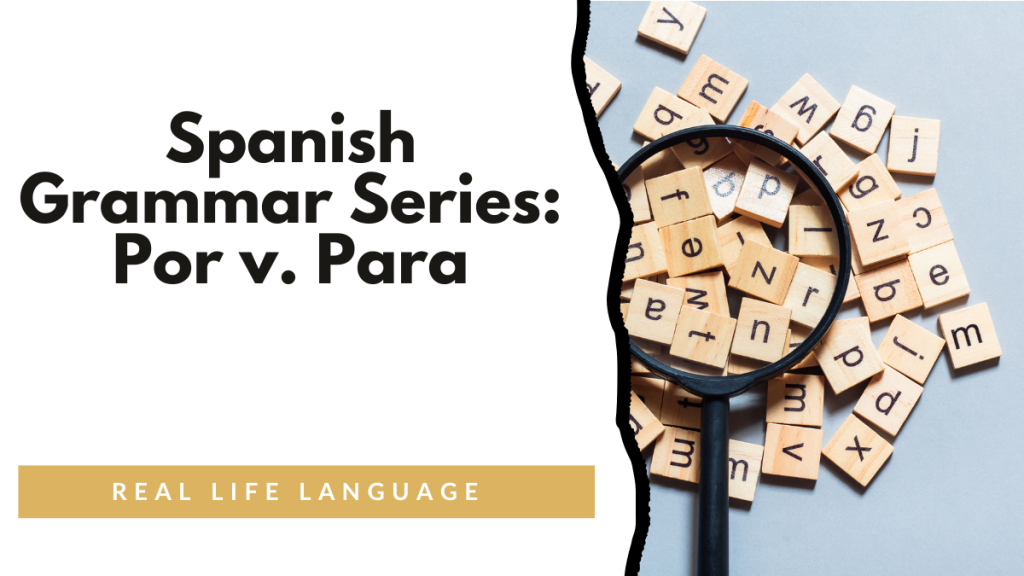Reciprocal Reflexives in Spanish
Spanish Grammar Series(Los Verbos Recíprocos) Reciprocal reflexives describe actions that two or more people do to each other — like “each other” or “one another” in English. They use the same reflexive pronouns (nos, os, se) but the meaning is shared or mutual, not individual. 1) What Are Reciprocal Reflexives? A reciprocal reflexive shows that the action […]





